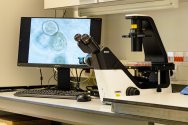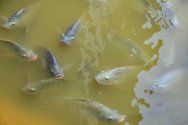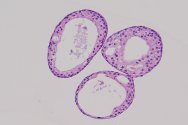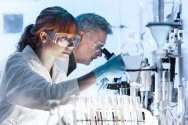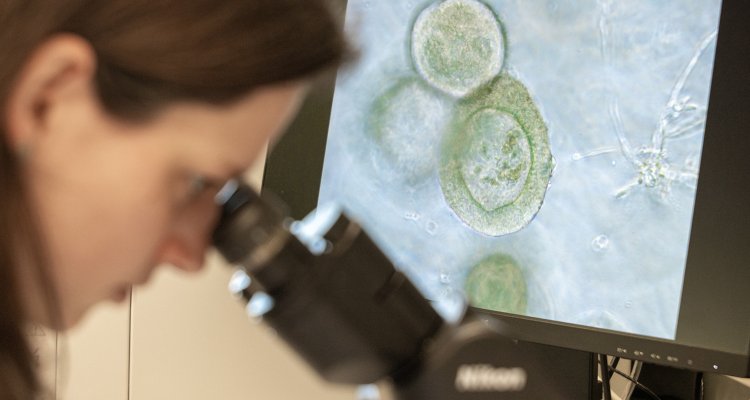
Next Level Animal Sciences: complex cell systems (organoids)
Complex cell systems – or organoids – are miniature versions of human and animal tissues and organs. Organoids are self-organising, self-renewing three-dimensional structures whose structure and functioning mimic that of the tissues and organs they represent.
Research on human health already makes extensive use of the organoid method. However, in animal research, it is still in its infant stages. Nonetheless, there is a huge potential for innovations and fundamental, applied research in animals.
Within the Next Level Animal Sciences innovation programme, respiratory organoids of pig and bovine tissues are developed to study respiratory infections and test therapies. Moreover, organoid models for muscles, neurons and intestines are being developed.
The goal is to develop innovative and non-invasive research methods to improve animals' well-being, health, and resilience. The use of organoids may also contribute to reducing animal tests.
View the examples below:
Video
- Unfortunately, your cookie settings do not allow videos to be displayed. - check your settings



